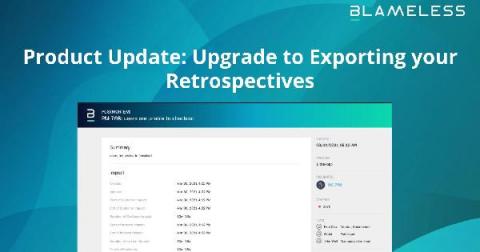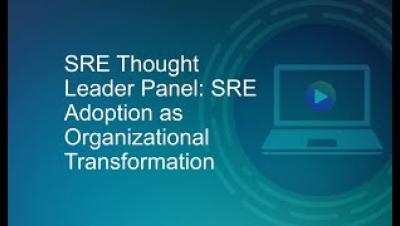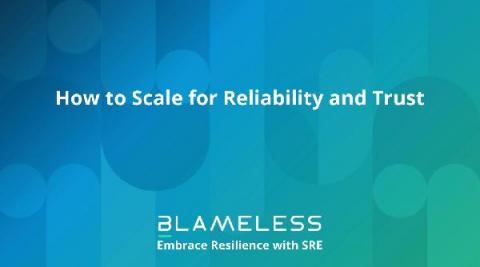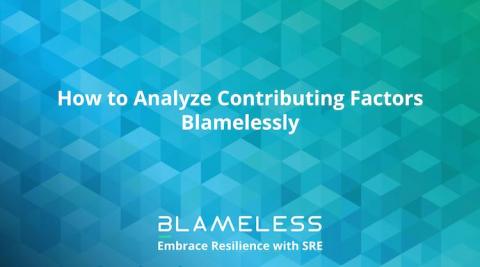Operations | Monitoring | ITSM | DevOps | Cloud
SRE
The latest News and Information on Service Reliability Engineering and related technologies.
How SREs Can React to COVID-19's Impact on Incident Management
By adding new complexity to reliability engineering and making physical war rooms a thing of the past, COVID-19 has imposed permanent changes on incident management. Here’s how SREs can respond.
How to Analyze Incidents Better with the Right Metrics
Coffee Break Webinar Series: Intelligent Observability for SRE
A selection of live questions and answers from the audience of our recent webinar on how site reliability engineers can best leverage intelligent observability to monitor SLIs and SLOs, prioritize reliability over functionality, and more.
SRE Thought Leader Panel: SRE Adoption as Organizational Transformation
SREview Issue #11 March 2021
A Day in the Life: Intelligent Observability at Work with a Super SRE
After we’d fixed Aparna’s network issue, James came to see me at my desk. Masks on, socially distanced and all that, but it was nice to have some face-to-face time. James is cool – that dry British humor and not your classic IT Ops dude. He’s been here forever and mentored me when the CIO, Charlie, hired me as the first SRE here a year or so ago. I lucked out really.











